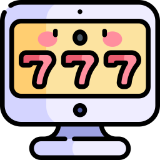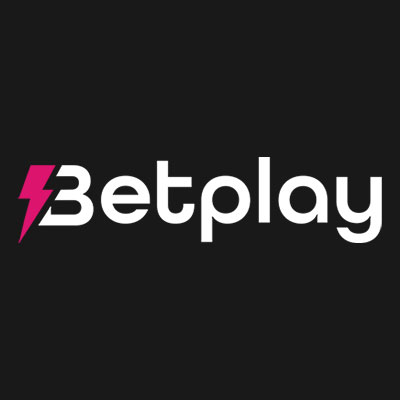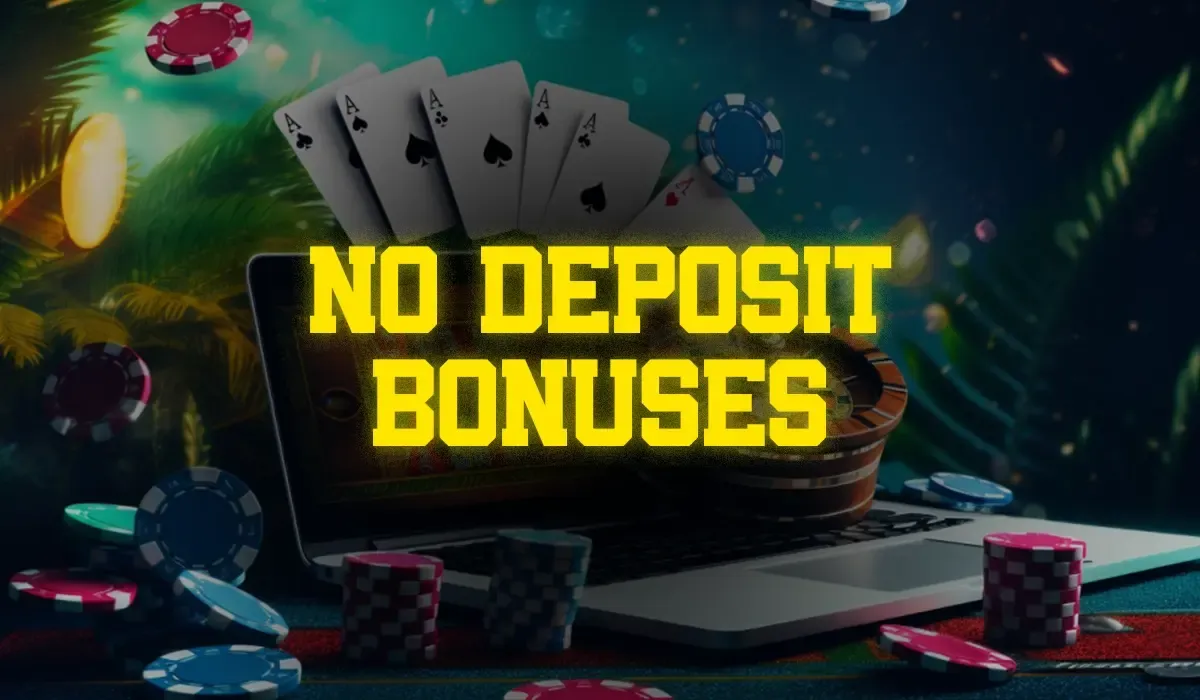What are Provably Fair Games?
The simple answer to this is; a game is provably fair if the game includes a mechanism to allow players to test and confirm the result of each round played.
However, in order for a game to do this, it's a bit more complicated than just "showing results." The idea behind provably fair games is fairly recent, as they've only needed to be necessary since online gambling became popular. Their usage increased drastically when crypto gambling took over the online gambling world. And that's because most provably fair games use blockchain technology to determine the results.
Blockchain Technology as a use case.
Using blockchain technology is not the only way for provably fair results, rather it's the newest, most accurate, and most trustable system (as it's a public ledger).
-
It's impossible to prove something to be fair when it's not. But it's also impossible to prove some things fair when there's no sense of transparency. Provably fair games are built on this concept which is where Blockchain technology comes in. Because of the way data is added to blockchains, it makes everything both transparent and immutable.
-
If the game creator properly implements blockchain technology into the game, it's impossible for them to cheat the players. At the core of a modern provably fair game, each result outputs a cryptographic hash function that get converted into a string of digits and numbers. As the round is played, this data gets stored on the blockchain for the player to verify.
How does Provably Fair work?
Each crypto casino will implement its own version for provably fair results. However, the differences are usually small. We'll look at the most common method of implementing provably fair results.
In each round of the game being played, the cryptographic algorithm calculates a "roll result." It uses three variables to create this result.
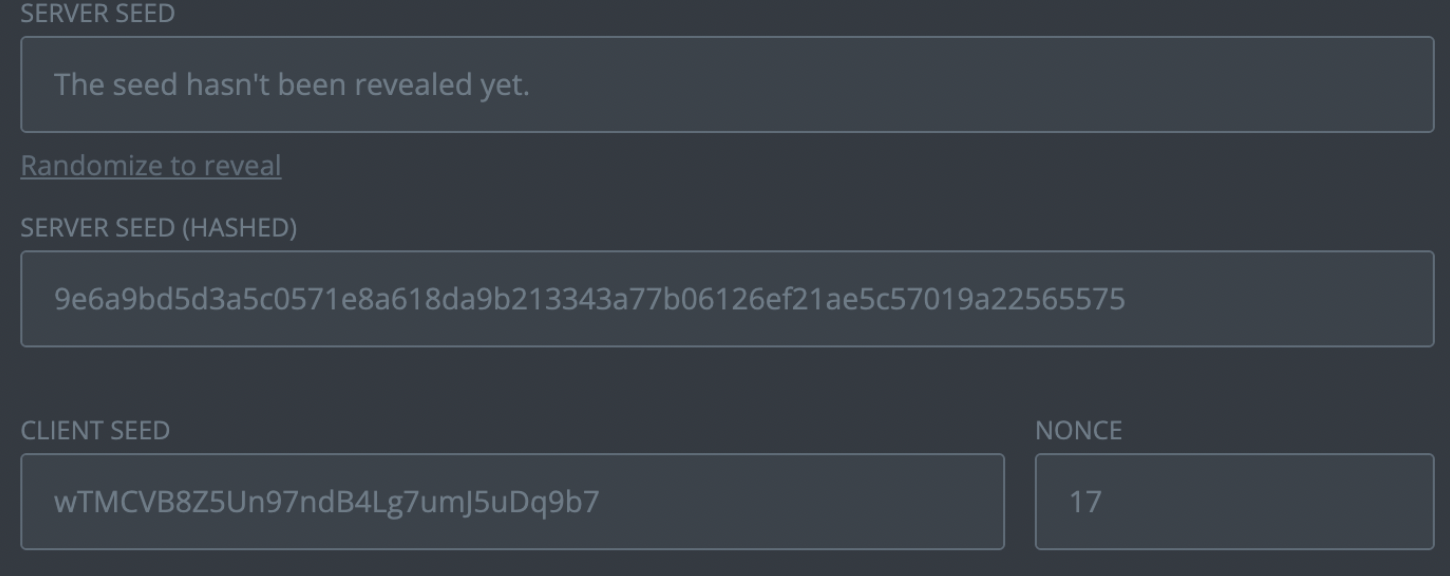
-
Serverseed: A seed set by the casino (encrypted so the client can't view it.) To make sure the user can't predict the results, you can not see the hashed seed, but only an unhashed serverseed (usually a hash result in SHA-512)
-
Nonce: A seed that increases by (1) every round. It only increases so that the result changes each round, and the user can track each game played.
-
Clientseed: A seed given to you by your provider, but you can (and should) alter it. This way, the provider does not know your seed and can not determine the result of the game even if they wanted.
When a client opens a game, the serverseed is created and encrypted. This seed contains all the information for the game you're about to play to function, if for some reason this hash is altered, the game wouldn't work. This means that the casino can not alter the results by changing the serverseed.
As the serverseed is encrypted, the player can not use it to calculate future game results either. When the round is played, a calculation is created using the nonce, serverseed, and clientseed. Most casinos just use the last 2-3 digits of the calculation to determine the result. But this way, we can also know the game's results are truly random.
The serverseed is revealed once the player changes their clientseed so that the user can test out the results.
How can I Determine whether a Game is Provably Fair?
A crypto game is not provably fair unless you can prove it yourself, hence the name. We are going to use a provably fair dice game as an example of how you can determine if the results were fair or not. Different games do have slightly different systems, but the differences are small.
Almost every provably fair game provides links and details for how you can test the results yourself. However, if that's not enough for you and you'd like to use a third party to make 100% sure it's provably fair, do as follows.
Step 1: reset the clientseed
You will need to place at least one bet before you can test if it's provably fair, but you can also test after hundreds of rounds played. Once you've finished your session, you can change your "clientseed." Each casino has its own way of changing the seed, but the general method is
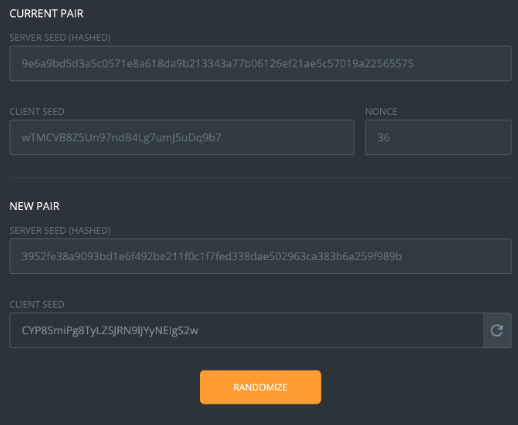
-
Tap on the "Provably Fair/Fairness" button
-
A screen should pop up where you can either manually change your clientseed or generate a new one.
-
The casino should then reveal the encrypted serverseed so that you can test your results. Copy the serverseed.
Step 2: use a hashing tool
Once you've collected the serverseed, you need to paste it into a (preferably) third-party hashing tool. We use the Online Hash calculator Tools4Noobs. This will help you make sure the server seed they've provided is correct.
Make sure you select the correct hash rate (most use SHA-512), and tap "hash this." the output should match the encrypted server seed they provided previously. If it matches, you can then trust that they haven't altered their serverseed.
Step 3: Verify Your Results
You can now use the casino's provably fair result checker. You will be able to manually enter their server seed, the nonce, and your client seed to find out the result of the game. The combination to reveal your results is usually;
Combination = Server Seed + Client Seed + Nonce
Using the outcome, the game determines the dice number that's rolled.
For this example, if the hash number ends in 777, the dice round will roll a 777. In this example, if your game's result is a different number, then the result was manually altered. However, the coding is slightly more complicated than this.
You will need to read up on the site's provably fair rules to determine how they use the combination result to determine the game's outcome. Different games will use the outcome of the hashed result to determine the result of the round. Roulette might just use the last two digits of the hashed result to determine the round's color/number.
A typical probably game's coding looks like this:
function getRoll(serverSeed, clientSeed, nonce) {
var hash = sha512(serverSeed + clientSeed + nonce);
var index = 0;
do {
var lucky = parseInt(hash.substr(index, 5), 16);
index += 5;
} while (lucky >= x);
return lucky % x;
Conclusion
It's a fairly simple process to making sure you're not being cheated by the casino when there's a provably fair process for the game results. That being said, just because a website claims its games provide "provably fair" results doesn't mean it's necessarily true. This is why you should always take a moment to test out a few results before playing with proper money. Don't be afraid to test out any "dodgy" results to make sure the site is following its own code.
As we mentioned earlier, provably fair games are simply the only way to comfortably play casino games online while knowing you aren't being cheated. Here are a few websites we recommend that offer Provably Fair Games.
|
Variety |
Five Originals + Five popular provably fair games |
Dice + lottery |
25 Provably Fair BC.Game originals |
|
Reputation |
Established in 2016, ex skin gambling website, large community |
Established 2017, large community backing them. |
Fastest growing community, Sponsor for major teams such as Argentina FC and Drake the rapper. |
|
Bonus |
Free Spins, Up to 60% Rakeback, Rains, and Trivias |
No-deposit faucet, rains, live chat trivia |
4X deposit bonuses Up to 240%, top tier VIP program |
|
Anonymity |
2/5 |
4/5 |
2/5 |
|
Features |
Amazing VIP Program, Live Chats, Sportsbook, Live Casino |
Live Chat, Sportsbooks, 30+ cryptocurrencies, unlimited faucet |
Live Casino, Sportsbook, VIP Programs, Tournaments, Largest games section, Live Chat, Daily "lucky wheel" |

